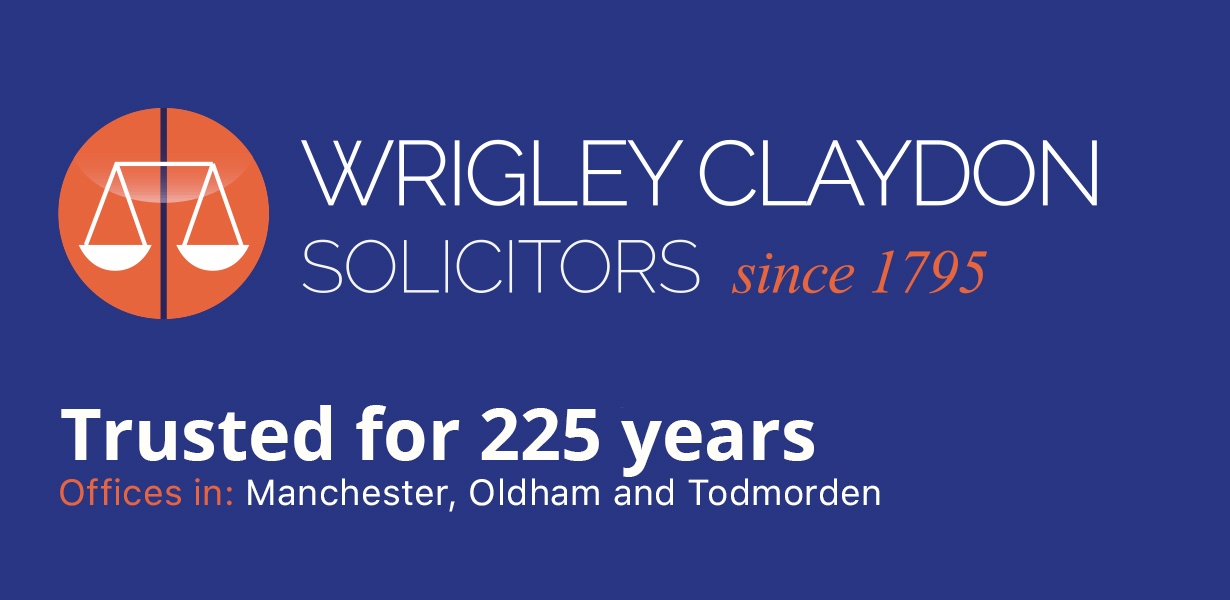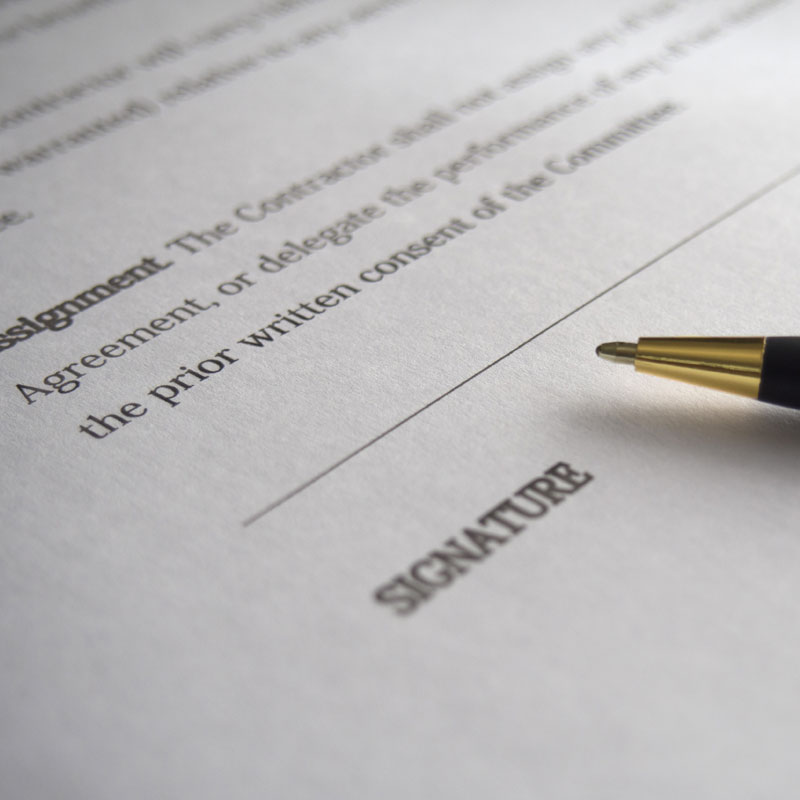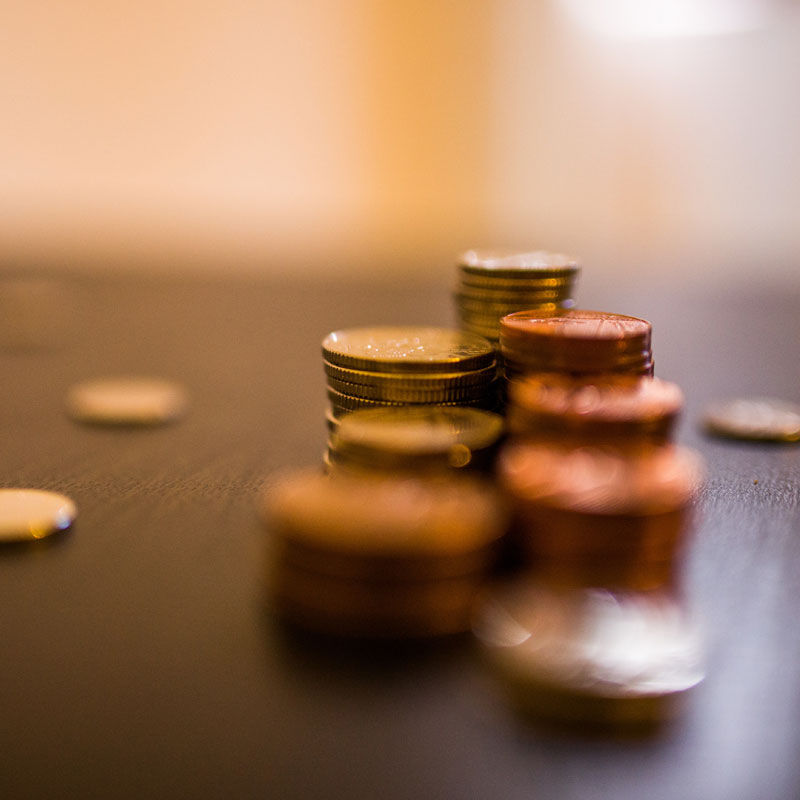How do I deal with collecting late payment interest when the invoice has been partially settled?
In legal terms, interest continues at the ‘daily rate’ on the whole of the outstanding debt. Charging interest is designed to encourage payment.
Do I have to notify a customer of my intention to charge late payment interest and debt recovery costs?
It is not necessary for a customer to have been notified in advance of the intention to charge late payment interest and compensation and you do not have to refer to it in your contract.
Should I sue for late payment interest?
You do not need to go to court to claim late payment interest and debt recovery costs. You have a statutory right to both and these should be paid with the principal sum by the debtor.
It may not be necessary at this stage to threaten your debtor with Court action, as that may be enough to prompt your debtor into responding to your calls and hopefully paying your invoice. If you decide to pursue the debt through the court, speak to us.
A customer is refusing to pay. What should I do?
If a customer ‘refuses’ to pay you, it is important to establish why, rather than immediately seeking to sue the debtor. It could be that they are disputing the payment, in which case the onus is on you to resolve the dispute.
You should write to whomever the commercial contract is with to acknowledge the outstanding payment.
If the customer ignores your letter and phone calls, has not disputed your invoice and has no justifiable reason for withholding payment, then speak to us.
If a court judgement is obtained, it may be necessary to take some enforcement action including;
An order to obtain information from a judgement debtor brings the debtor before the Court to be examined under Oath, by the Court.
A third party debt order is a way of obtaining money that is owed to you. If the debtor has money in a bank account, or a building society, the bank or building society can be ordered to pay the money over.
Instructing a Bailiff or a High Court Sheriff.




